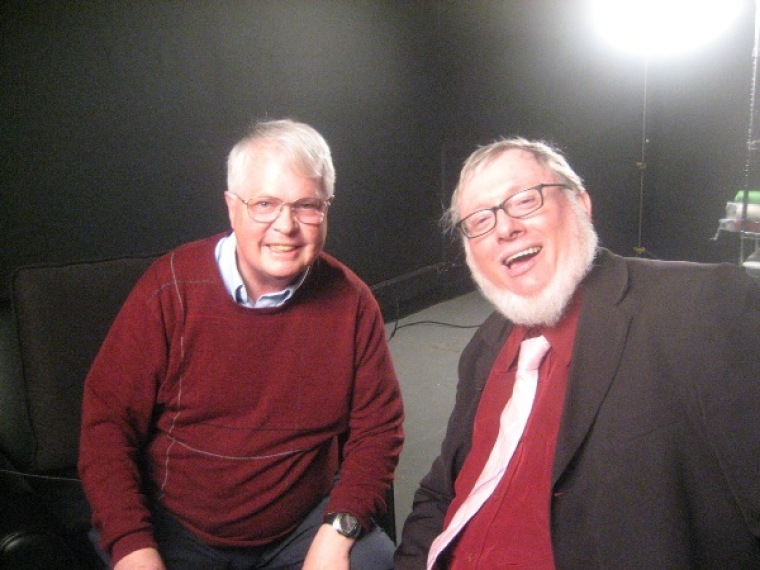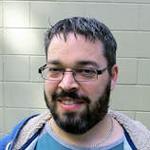
Funnily, those who support a boycott of Israel are clearly unaware of the amount of technology and developments coming from the nation!
Personally, I have Israel to thank for the life of my daughter. A device developed in Israel alerted us when our daughter stopped breathing one night, potentially preventing her cot death. God was not joking when he told Abraham his descendants would bless the world!
I have looked long and hard at Israel and, while I do not want to get into debates, it does appear God has his hand on this nation—it is blessed and is blessing the world, doing a lot of good.
What can I do?
While reading of the many recent developments in Israel I asked myself, 'what good do I do, and what good can I do?'
While I have plans to someday help developing communities around the world with some simple power generation and water supply devices I have designed, I feel very tied up in my currently monotonous and busy life of working to provide for my family.
I prayed to God for some ideas, for something I can do with a small and sporadic time commitment and minimal finances. I came across a project called: Folding@home.
This project, developed by the University of Stanford, uses a simple software program which uses your computer to help solve mathematical protein folding problems.
This is best explained from the 'What is protein folding?' section from the project's website:
'Proteins are biology's workhorses—its "nano machines". Proteins help your body break down food into energy, regulate your moods, and fight disease. Before proteins can carry out these important functions, they assemble themselves, or "fold". While protein folding is critical and fundamental to virtually all of biology much of the process remains a mystery.
When proteins do not fold correctly (miss-folding), there can be serious health consequences, including many well-known diseases such as Alzheimer's, Mad Cow (BSE), CJD, ALS, AIDS, Huntington's, Parkinson's and many cancers. If we better understand protein miss-folding we can design drugs and therapies to combat these illnesses.'
A super computer
When hundreds of thousands of standard computer processors are combined, this makes for one very powerful computer capable of solving some big problems!
If this does not make sense to you, imagine there is a book with 100 pages. On each page there is a mathematical problem taking 10 minutes for the average person to solve. If 1 person completed the book by themselves it would take 1000 minutes or 16 hours and 40 minutes to complete. Now, if 100 people each completed 1 page each, the entire book would be completed in 10 minutes. You are distributing the work load over several people. The computer equivalent is known as 'distributed computing'.
I was inspired upon discovering this project, having known people suffering with some of the illnesses, and decided to run the software on my two home computers to test it out.
You are able to work as usual, the software only uses idle processor time not used by other tasks and does not seem to cause any other problems on your computer.
My super computer
Building on this, I have come up with an idea of building an array of a continually expanding number of high performance computers, dedicated to this task 24/7.
The only problem is this costs money—both to build the computers and the electricity to run them. They will be very bare bones computers, with the exception of the processors used.
To this end I have started work on a simple website to fund and detail the progression of the project—for those who want and are able to help but either do not want to run the software at home or would just like to help the cause. If you are interested in contributing to my project, please keep an eye out for a future article where I will list the site's address.
If you are interested in Folding@home and would like to run the software on your own computer(s), or would like more information, please look at Folding@home's website: folding.stanford.edu/home/about-us
Do something good. In this case, it is as easy as installing a simple piece of software!

Michael Dahlenburg is an electronics technician. He is non-denominational and has previously been involved in church plants and assisting those in ministry. His interests include; enjoying family, home DIY, gardening, most things tech-related and driving his wife crazy with a constant stream of inventions! He lives with his wife Michelle and three children in God’s own land of Southern Adelaide, Australia.Michael Dahlenburg’s previous articles may be viewed at http://www.pressserviceinternational.org/michael-dahlenburg.html